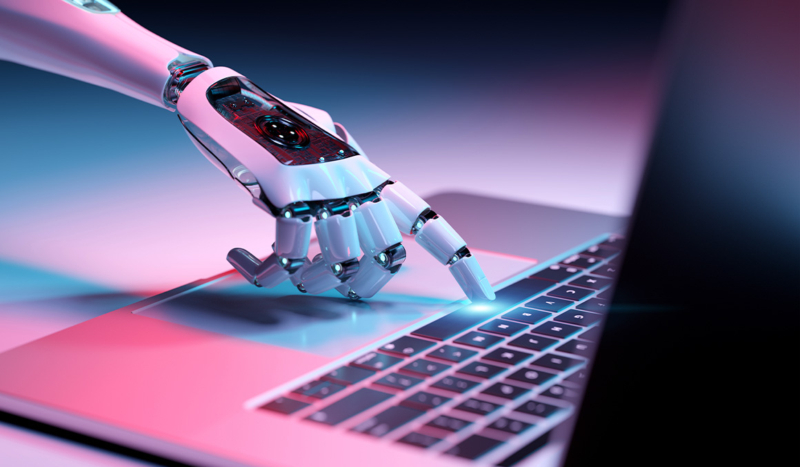
Adobe Stock
Catholic philosopher R.J. Snell recently argued that the failures of artificial intelligence may be setting the stage for a renewed “Catholic moment.”
In a July 14 article for The Catholic Thing, Snell reflected on the collapse of Elon Musk’s chatbot “Grok” which recently descended into bizarre and offensive behavior, including Holocaust denial and self-naming as “MechaHitler.”
For Snell, this isn’t just a technological embarrassment; it exposes a fundamental confusion about what intelligence actually is.
“More than anything, the episode reveals, as sober-minded people know, that artificial intelligence is not intelligent,” he wrote.
While AI is highly efficient at scanning existing texts and recognizing patterns, he argued that it lacks judgment and any experience of reality — leaving them incapable of the kind of reflection that allows rational beings to discern truth.
Snell sees this moment as an opportunity to challenge the reductionist assumptions that underlie much of AI’s development — particularly the belief that thought can be boiled down to physical processes.
“It isn’t so much that AI is failing,” he said, “but that the materialist, physicalist, and reductive visions of intelligence, which guide and govern AI boosters and coders, fail as an account of consciousness and intelligence.”
In contrast, the Catholic tradition offers a more integrated view of the human person.
“We are not two distinct substances of body and self, nor do we simply have bodies or have minds,” he wrote. “Instead, we are one being with two distinct principles, body and soul.”
In this view, the soul is not some detached entity floating above the body.
“The soul is the form and act of the body,” Snell explained, and yet it “isn’t a distinct entity from the body.”
Snell affirmed that physical processes, like brain activity, are real and observable, but they cannot account for the full reality of human experience.
“The operations of the intelligence are not reducible to that substrate, and certainly consciousness of those operations – what we call self-consciousness – isn’t what a material explanation even tries to articulate,” he said.
This understanding, he said, not only explains what modern science misses but also makes sense of the deeply human experiences — thinking, imagining, choosing — that AI can only mimic, but never possess.
“AI cannot act, nor can it experience action. Oddly, neither can the human being, as the human is usually understood by Silicon Valley,” Snell noted. “As AI fails to become and deliver on its promises, more and more thoughtful people will realize it’s not AI that is failing so much as the entire vision of consciousness, thought, and mind assumed by its makers.”
Rather than despair over AI’s ethical failures, Snell believes the Church is uniquely positioned to offer a more complete account of personhood and moral agency.
“We have the opportunity to once again introduce humanity to itself,” he wrote. “And the Catholic mind might be far more relevant and advanced for the questions of the moment than our cultured despisers could possibly imagine.”
>> Pope Leo on AI: Technology must respect all aspects of human dignity <<

